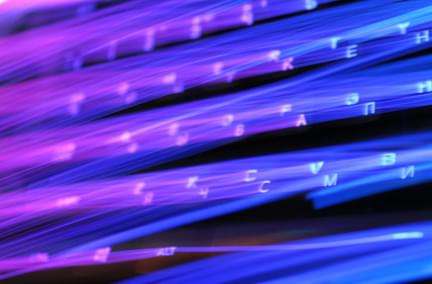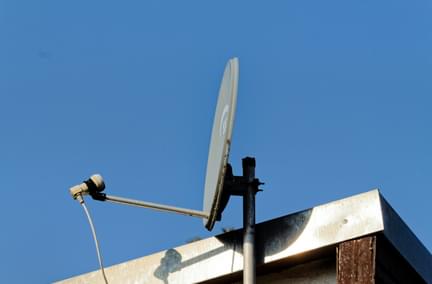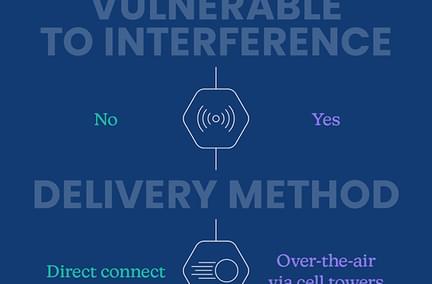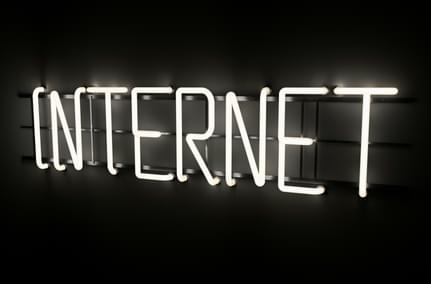Why Fiber Internet is More Reliable
May 30, 2024 | Home Technology
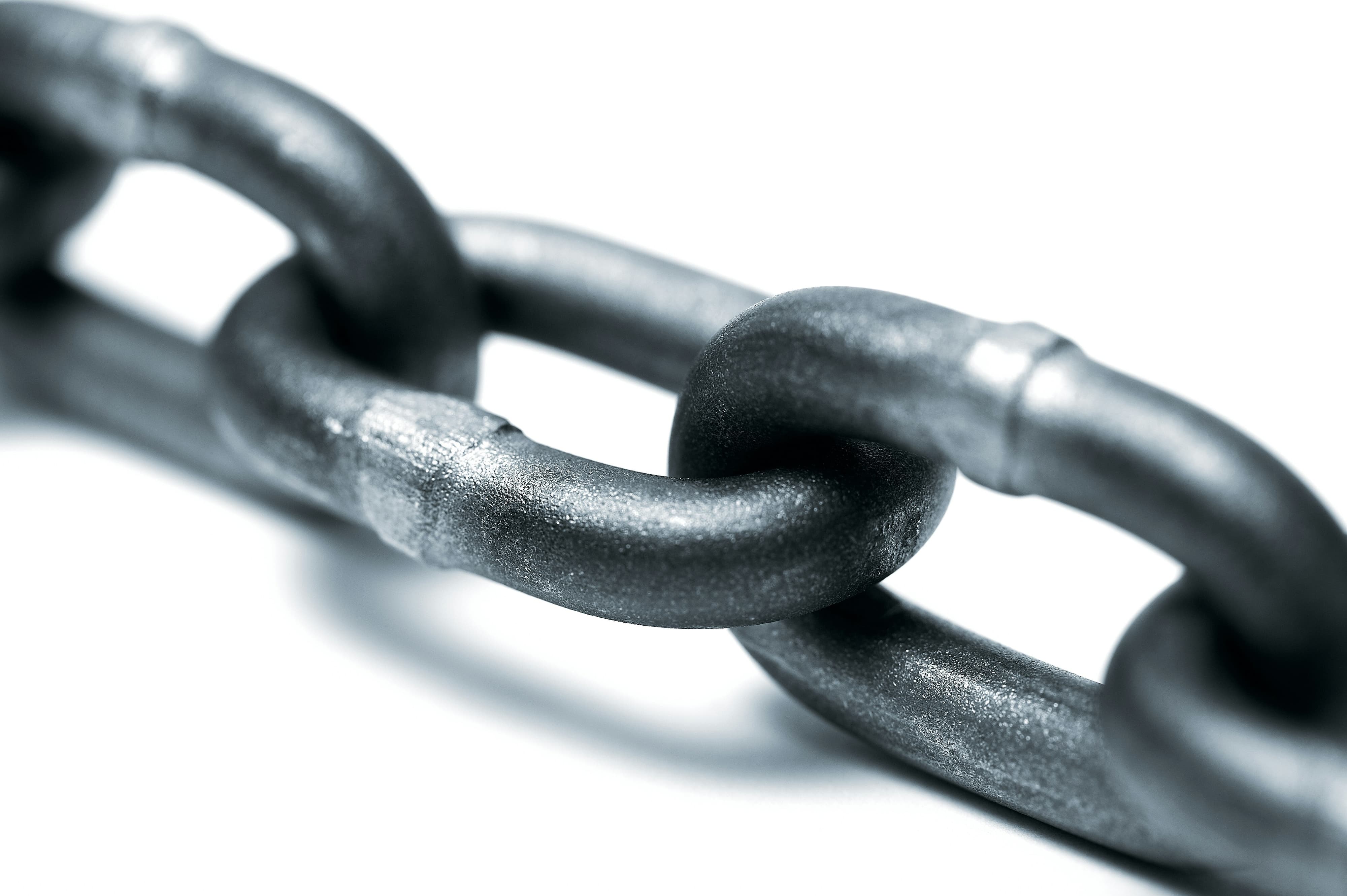
One of the biggest complaints of any internet service is spotty reliability. And thanks to Murphy’s Law, reliability issues happen at the most inconvenient times. Not all internet services are the same, nor are they created equal. But it’s more than just the internet service provider. It’s about the technology used to deliver broadband coverage. What medium comes to your home? Cable internet? DSL internet? Satellite internet? Fiber optic internet?
When you pay for a good internet connection, you expect to get reliable internet. You want fast speeds, unlimited data, and reasonable pricing. With most internet service providers, you can get some of those things but not all. You might get a good internet connection, but it won’t be fast. Or you could get a high-speed internet connection, but it will go down for long periods. And some internet providers are way more expensive than they should be.
Not so with fiber internet. With fiber, you get fast, reliable service all the time, all for an affordable price. Let’s look at how fiber optic internet compares to the other common internet options.
Satellite
Satellite internet is popular in rural areas where it is highly impractical to string a land connection all the way out that distance for a single customer. The two main drawbacks to satellite internet are the cost and the speed. Most satellite internet providers require customers to purchase expensive equipment such as the dish and receiver. Satellite is by far the slowest speed internet connection, often topping out below 10 Mbps download and hovering around 1 Mbps of upload speed. Additionally, satellite internet often includes data caps in their internet plans that limit the amount of data you can receive and send without incurring additional service costs.
Cable
Before fiber optics came along, cable internet was the fastest internet connection around. If you have cable television, you can get cable internet because it transmits on the same copper wire, so getting connected is easy. Most cable TV providers bundle an internet connection into a price package. They also provided the modem and router for your home use. However, like DSL, the signal degrades over distance, so you didn’t get all the bandwidth all the time. It’s also a shared connection so if your neighbors are home, you share your bandwidth with them.
5G
Besides satellite, the other over-the-air service is 5G home internet, also called a fixed wireless network because it relies on antennas, typically installed on cell sites, that broadcast their signal from a central location like a radio. 5G home internet has gained popularity because it only requires a small receiver box to be plugged into a home electrical outlet to work. However, it has some limitations. While 5G is faster than 4G LTE, it requires more towers per square mile because it transmits shorter distances before losing signal strength. If you live on the edge of a tower’s coverage area, your signal will be degraded over someone who lives closer. Just like radio waves, a 5G signal is prone to interference. Finally, if you live in a rural area, you likely won’t be close enough to a tower to get any decent signal.
Why Fiber is Better
The fastest and most reliable internet connection technology by far is fiber optics. It’s a connection so good that it could be the top choice for decades. Fiber optic internet has been rated as the best internet service in every market it’s offered because it is a true high-speed internet with speeds in most markets of 500 Mbps and up to 2 Gigabits for heavy data users.
In addition to being the fastest internet around, it’s also extremely reliable due to both deployment methods and intrinsic characteristics of the fiber itself.
Deployment
Like many modern utilities, fiber optic internet is typically buried underground rather than strung along utility poles. While it can be deployed along poles, underground is preferred. Burying the fiber protects it from weather, wind, and wide temperature fluctuations such as freezing and heat.
Resistance to Interference
Unlike DSL and cable, fiber optic internet does not use electricity to send its signal. Instead, it sends packets of light down tiny strands of glass. This means that outside forces such as power lines, electrical storms, and other sources of electronic interference do not affect fiber optics.
Clearer Signal
Not only is fiber not susceptible to electronic interference or distortion, but it also has intrinsic characteristics that make the signal more reliable to and from your device. For example, latency and ping rates tend to be well under the acceptable 50 milliseconds, which is great for gaming, stock trading, and other activities that rely on immediate communication with a server.
Symmetrical Speeds
Legacy internet connection technologies offer unbalanced service, with different download speeds from upload speeds. This difference can cause problems with any online activities that require high upload speeds such as video calls and gaming. Fiber optic internet offers symmetrical speeds, so data doing up or down flies at the same rate. For example, a 500 Mbps plan means data uploads and downloads at 500 Mbps. All this two-way speed makes your wireless internet run faster, too.
Fiber optic internet access gives you the best connection for fast internet with the least disruptions, making fiber internet services the most reliable and best internet providers (ISPs). Fiber isn’t the cheapest internet, but you don’t want cheap internet. You want great customer satisfaction and a great connection for your WiFi.
For more about fiber internet, check out our FAQ section. While you’re there, check availability in your area and view plans and pricing for the best options for your home or business.
- fiber optics
- fiber intr
- dsl
- cabel

